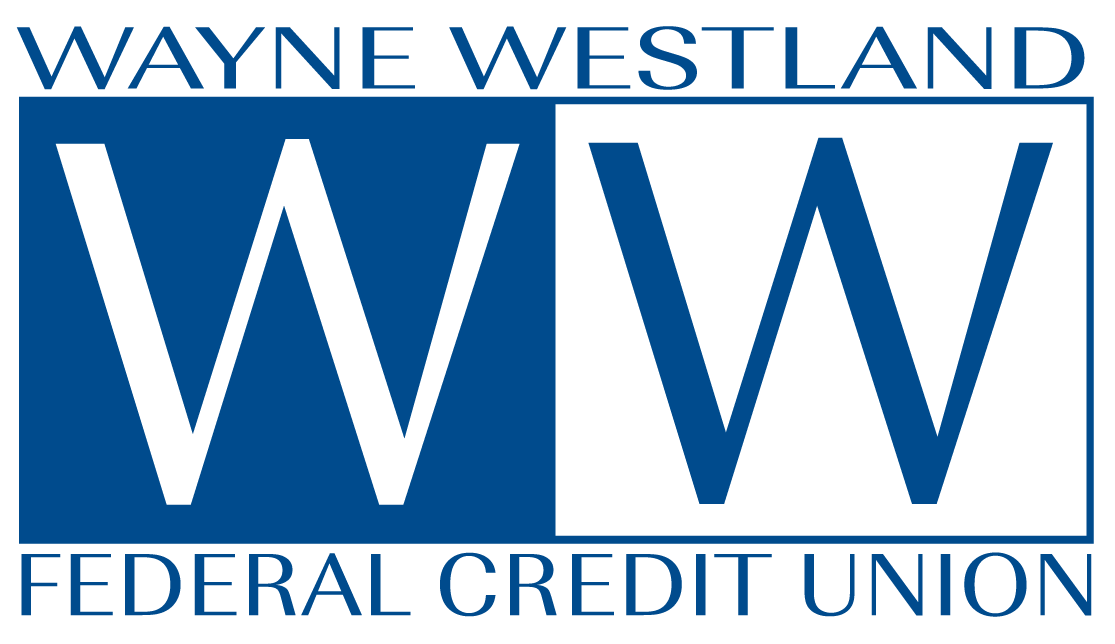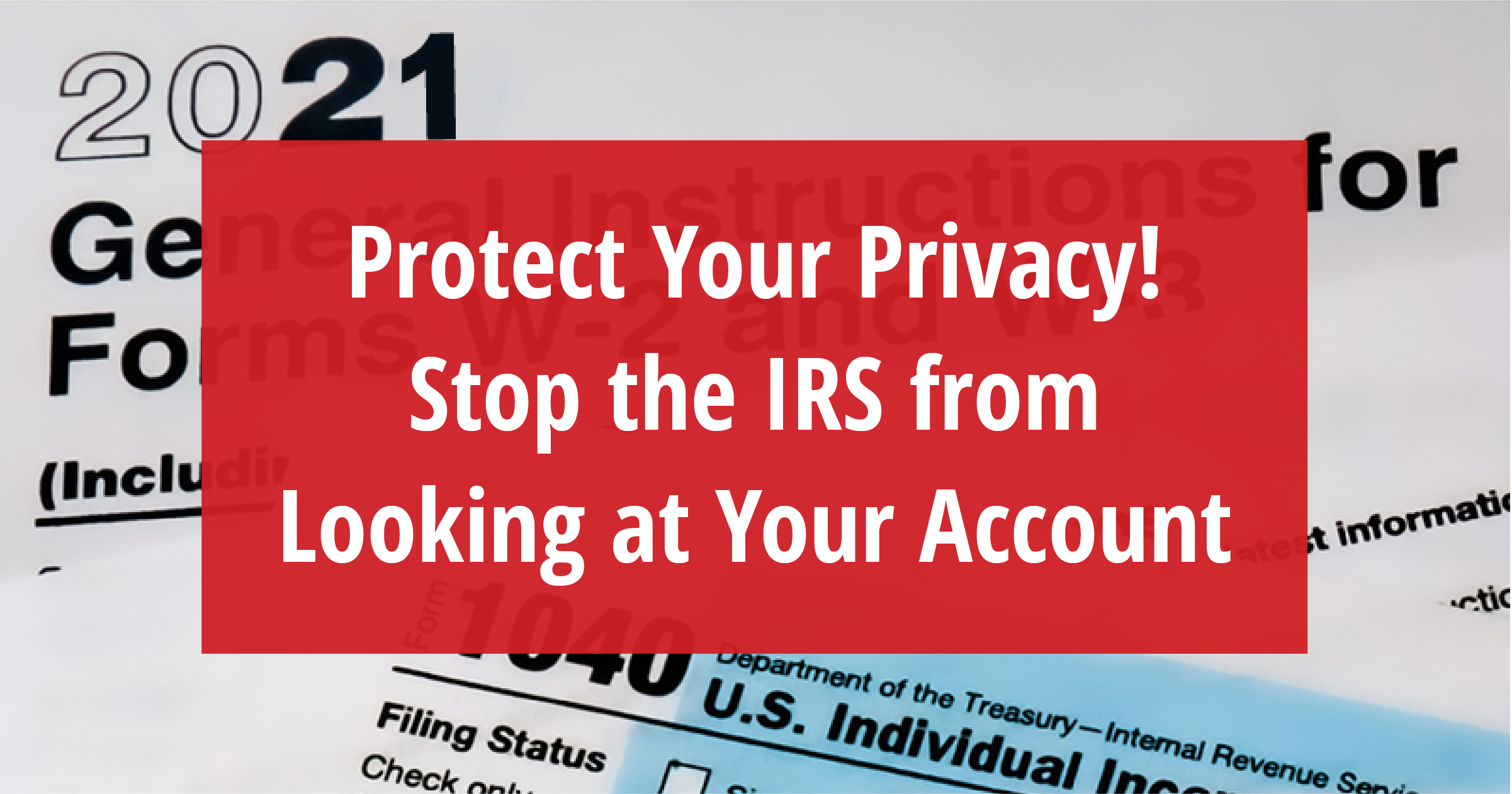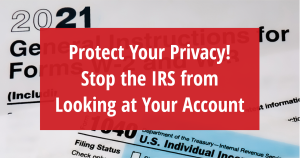Westland, Mich., July 12, 2022 – Wayne Westland Federal Credit Union (WWFCU), the reliable financial institution that has successfully served this community for 68-years, is pleased to unveil an exciting new loan product that is sure to meet the needs of the people of Wayne-Westland and the entire metro Detroit community.
MOTOR CITY LOANS – Targeting re-financing, new and used auto and home equity loans while helping members reach their financial goals is the mission of WWFCU.
Auto owners, buyers and residents will soon learn of the lowest and most competitive best-in-class rates anywhere in the southeast Michigan area.
The principles of WWFCU are offering auto loan rates as low as 1.75 percent to qualified buyers along with other member incentives and perks to celebrate the launch of Motor City Loans.
Wayne Westland Federal Credit Union has deep roots in the Motor City. They were first chartered in 1952 as the Kaiser-Frazer Employees Credit Union to serve the employees of the iconic Detroit car company – Kaiser-Frazer – that became today’s Jeep brand.
As Kaiser-Frazer progressed to Kaiser Motors, Willys-Overland, and later Kaiser Jeep, Wayne Community Federal Credit Union moved forward to become Wayne Westland Federal Credit Union – re-awakened to better serve the people of the motor city community.
“Looking back at our great successes in the Detroit area after seven decades have passed, we are still totally focused on providing the best service, incentives and rates for our members in the spirit of the historic heart of the American automotive industry” said, CEO Joleen Bowman.
“We’re ready to celebrate the expansion of WWFCU by offering this new and unique loan product. We have strong ties to the automotive industry and feel our new product, Motor City Loans, will be a perfect fit… our roots go deep and we’re proud of our heritage…”
Wayne Westland Federal Credit Union began in 1954 based on the credit union “people helping people” philosophy. As a community-chartered credit union, they place members first in all of their operations. WWFCU’s mission is to provide premium financial services to its member-owners and the communities of Wayne County by providing: first-class service, excellent rates and financial education. Learn more at www.wwfcu.org.
###




 When it comes to buying a new home, there are a lot of factors to consider. From budgeting to gathering the right documents, taking a few extra steps before you begin can save you a lot of time down the line!
When it comes to buying a new home, there are a lot of factors to consider. From budgeting to gathering the right documents, taking a few extra steps before you begin can save you a lot of time down the line!
